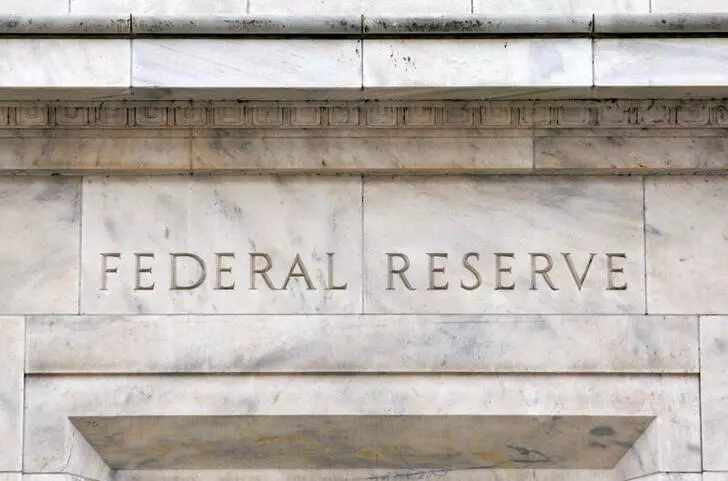In recent months, significant adjustments in monetary policy by central banks, particularly the Federal Reserve (Fed) and the People’s Bank of China, have sparked extensive debate among economists and investors. The Fed’s decision to implement a 50 basis point rate cut, alongside China’s aggressive fiscal stimulus efforts, has initially ignited optimism in financial markets. However, critical analyses from BCA Research suggest that these measures may be indicative of looming economic challenges rather than a return to robust growth.
The Federal Reserve’s recent approach highlights a pivotal shift in priorities—moving from a stringent focus on inflation to addressing concerns over a softening labor market. As unemployment rates inch closer to the anticipated natural levels, analysts express apprehension. Historical data suggests that while such rate cuts can spur immediate positive market responses, they often precede prolonged downturns in equity markets. BCA’s observations frame these actions as a cautionary signal; before downturns in economic activity, the Fed has frequently responded to stressors with rate cuts. Thus, these monetary adjustments may not bolster recovery but rather indicate deeper, underlying economic issues.
The economic landscape in China mirrors these concerns, where the government’s substantial stimulus measures appear insufficient in reversing the trend of economic deceleration. Following the collapse of a once-burgeoning property market, the country is suffering from a balance-sheet recession, characterized by a pronounced lack of consumer confidence and stagnant credit demand. BCA analysts emphasize that unless China enacts comprehensive fiscal reform strategies aimed at boosting domestic consumption, its economic recovery may remain tepid, notwithstanding momentary market upticks following stimulus announcements.
As these indicators unfold, BCA Research anticipates that the global economy may face recession within the next six to twelve months. The delayed effects of prior monetary tightening are projected to dampen economic activity, with rate cuts unlikely to counter the impending downturn effectively. Investors may find themselves navigating treacherous waters if they ignore these signs; the juxtaposition of seemingly favorable monetary policy against historical evidences of economic indicators raises concerns about the sustainability of market gains.
In light of these developments, BCA advises investors to adopt a defensive stance in their portfolios. A risk-off strategy is recommended, reflecting an inclination to underweight equities and corporate credit, while favoring government bonds. This approach underscores the importance of remaining vigilant during uncertain economic times, encouraging investors to maintain a neutral position concerning cash reserves.
While the immediate reaction to recent central bank policies has fostered a sense of optimism, a deeper examination reveals a complex narrative of economic vulnerabilities. Investors should weigh these insights carefully to navigate potential challenges ahead.

